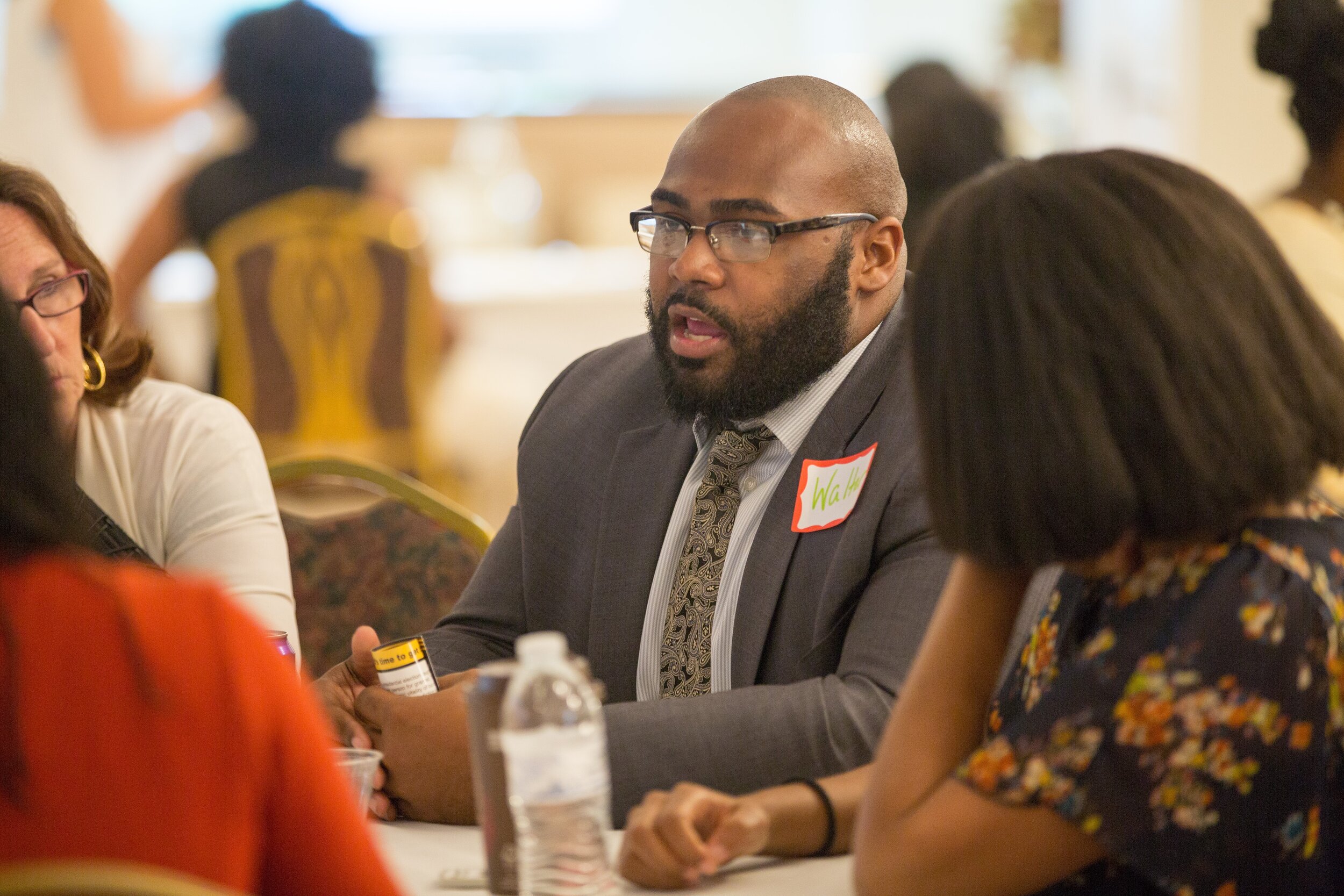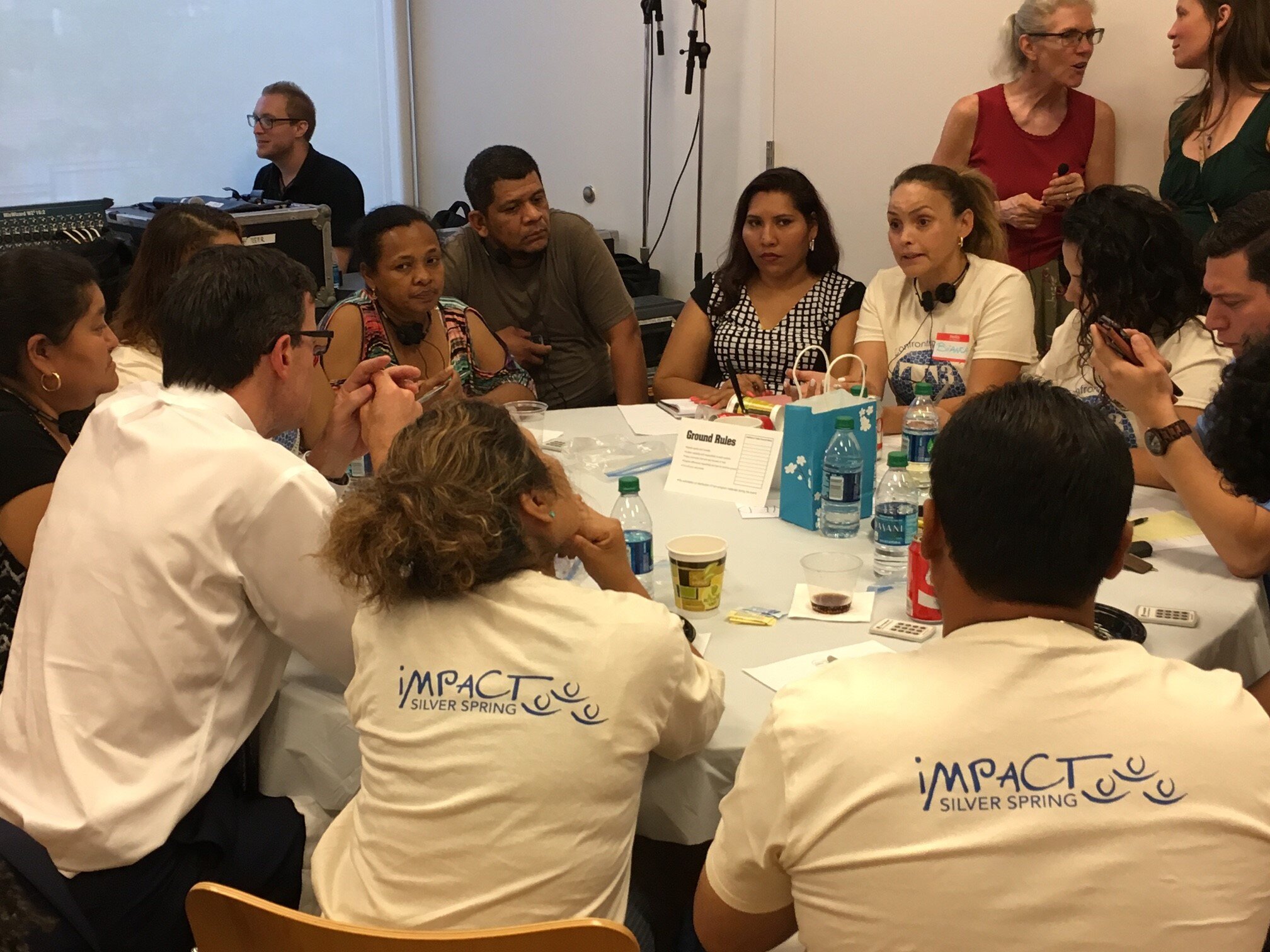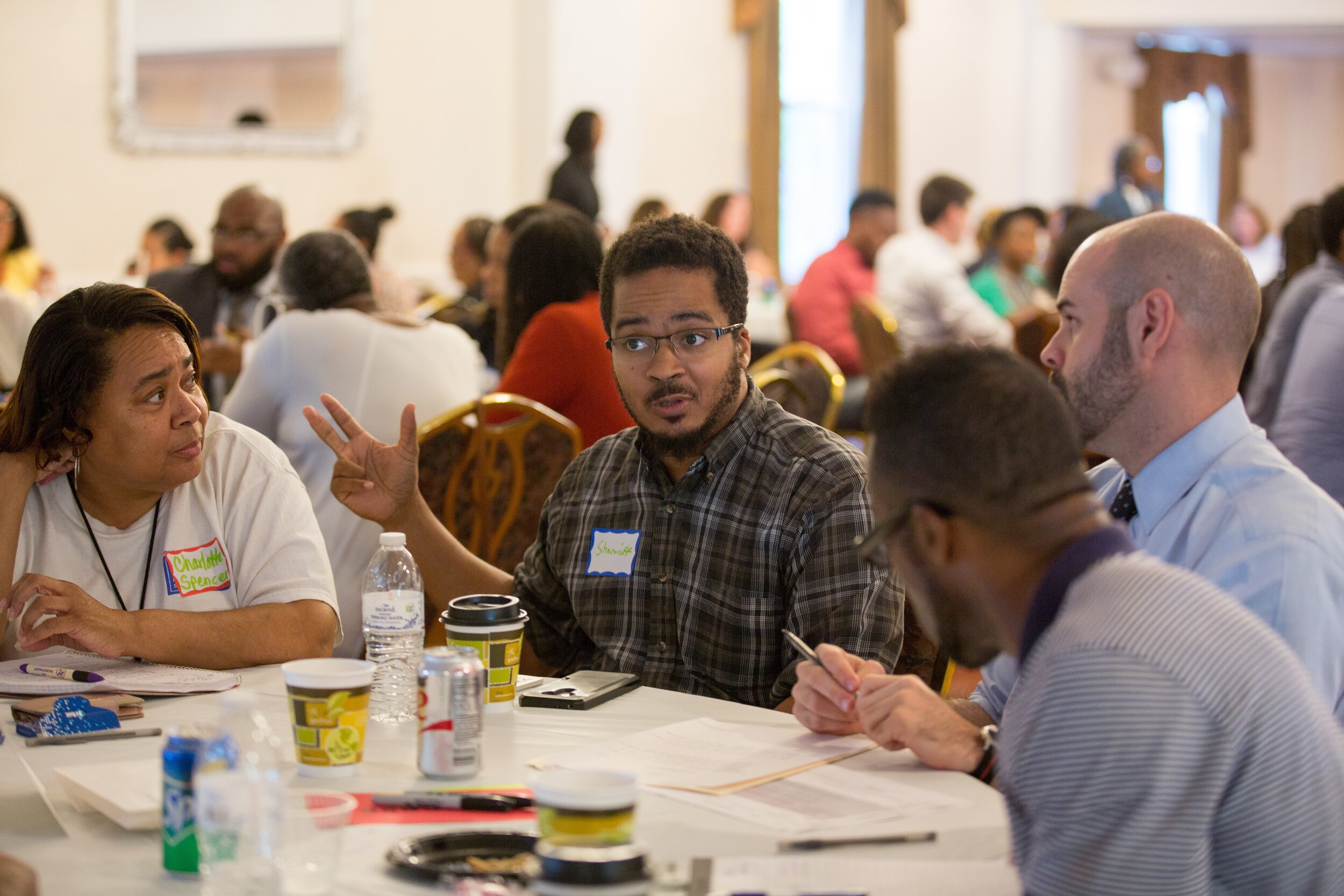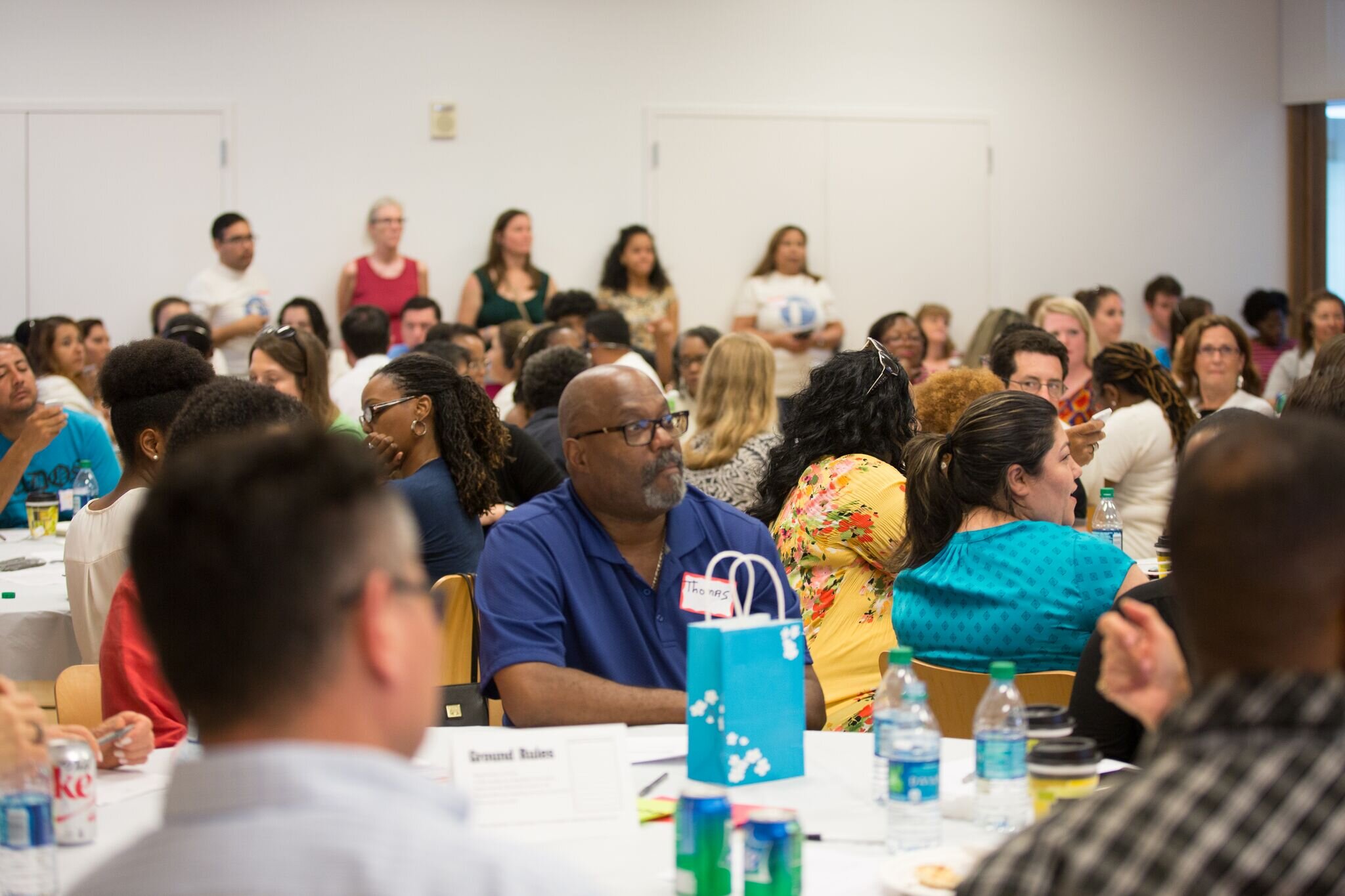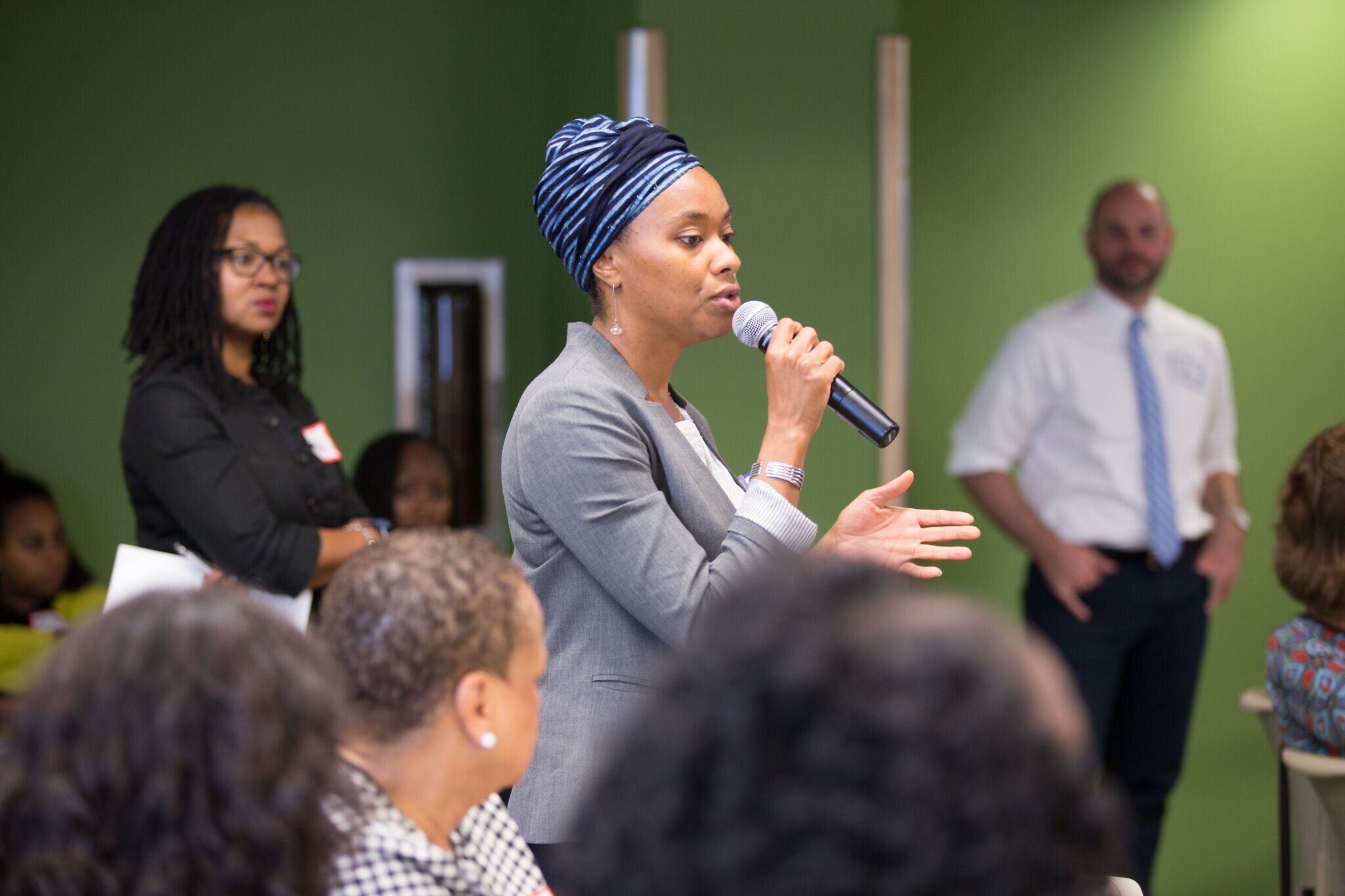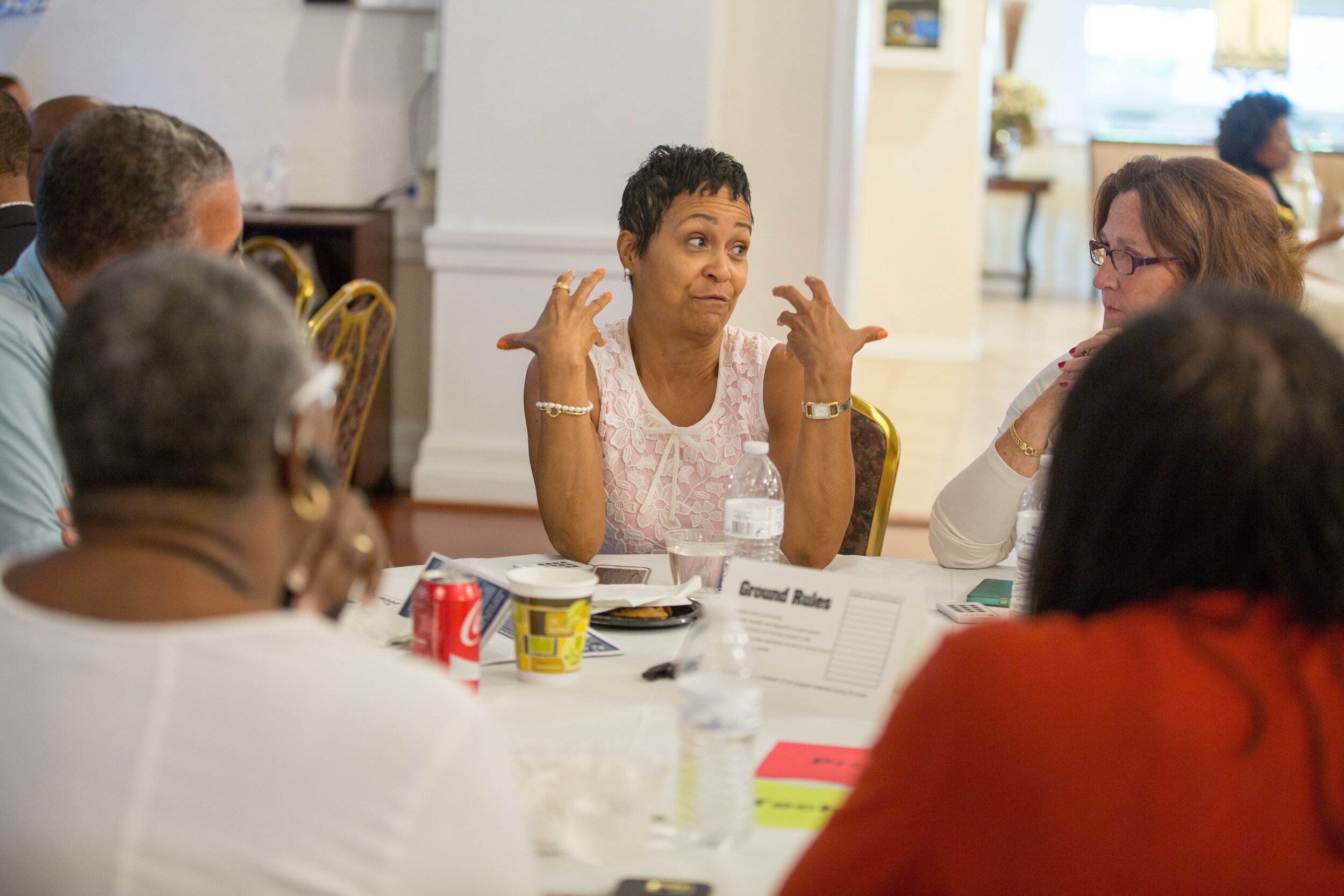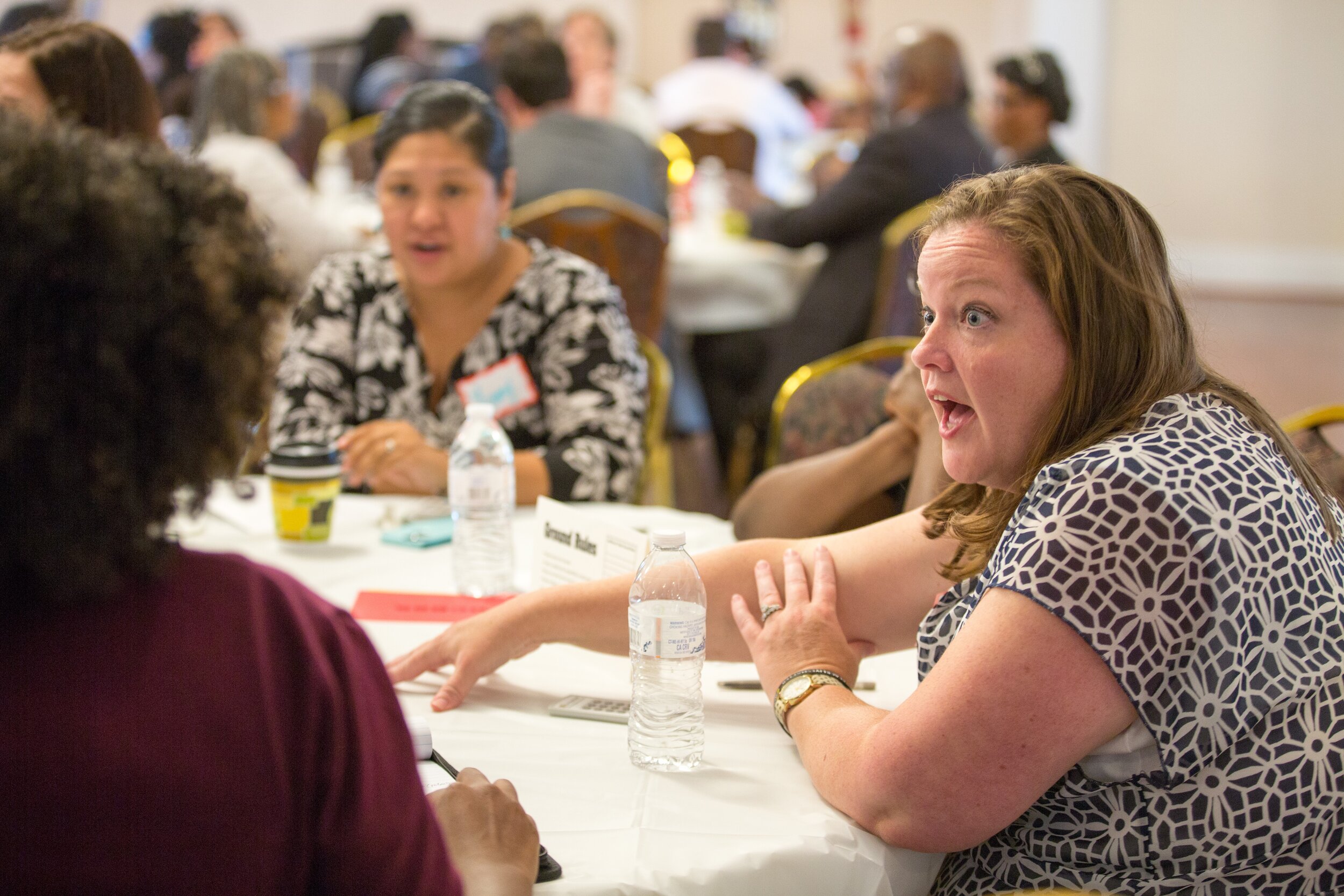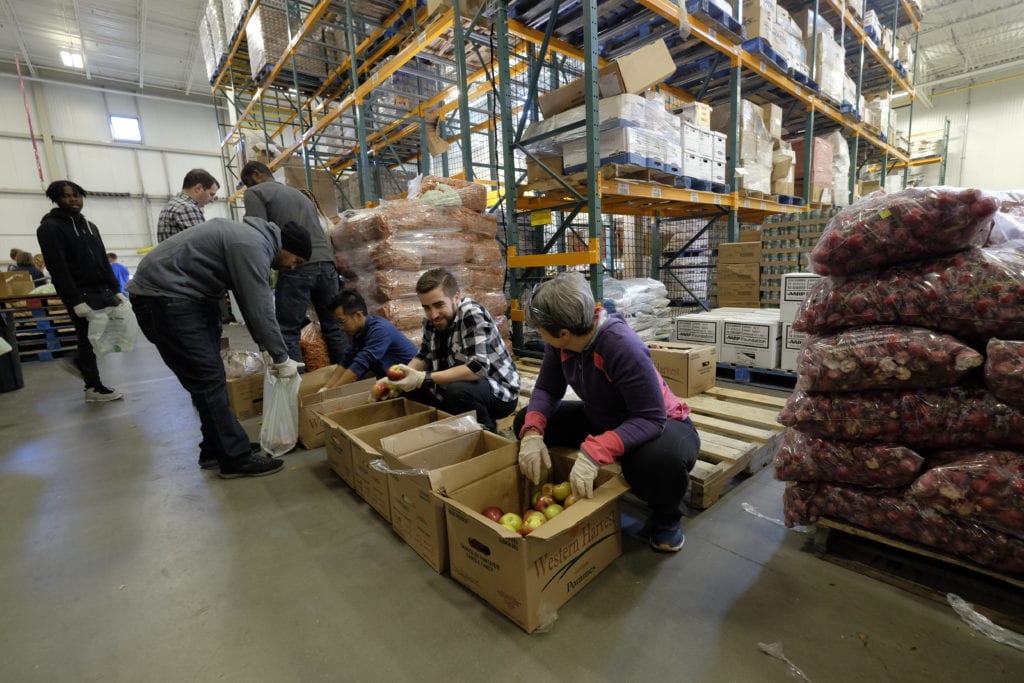Grants Will Address Impact of COVID-19 on the DC Region’s Arts and Culture Sector
Recognizing the devastating impact of the COVID-19 pandemic on arts and culture organizations throughout the region, the Greater Washington Community Foundation has joined with The Morris & Gwendolyn Cafritz Foundation and eight other grantmakers to launch the Arts Forward Fund, a million-dollar initiative to provide critical support to help arts and culture organizations in the DC region to stabilize, adapt, and thrive despite the ongoing COVID-19 pandemic.
The Arts Forward Fund will award grants ranging from $10,000 to $50,000 to help arts and culture organizations make the urgent changes needed to continue their work through the pandemic and beyond. The Arts Forward Fund also recognizes the need to address systemic inequities in arts and culture organizations and in our communities that have amplified the impact of the pandemic for Black, Indigenous, and other communities of color, and will prioritize support for organizations founded and led by people of color and organizations that primarily serve communities of color.
The Arts Forward Fund was launched in July with a lead grant of $500,000 from The Morris & Gwendolyn Cafritz Foundation, with additional support from the Harman Family Foundation, Weissberg Foundation, Linowitz Family Fund, Paul M. Angell Family Foundation, S & R Foundation, Diane & Norman Bernstein Foundation, Lois and Richard England Family Foundation, and Philip L. Graham Fund. The Fund will be housed at and administered by the Greater Washington Community Foundation.
“The Covid-19 pandemic has altered the programs and finances of the region’s nonprofit sector in ways that even the most forward-thinking organizations could not have anticipated,” says Cafritz Foundation President and CEO Calvin Cafritz. “In helping to launch the Arts Forward Fund, we want to ensure that arts and culture nonprofits continue to carry out their missions, serve their communities, and pursue new paths during this crisis. We are happy to work with the Greater Washington Community Foundation, the Harman Family and Weissberg foundations, and many of our colleagues, to help our local arts institutions continue their work and find opportunity in this moment.”
“The Greater Washington Community Foundation and our donors have a long history of investing across the arts ecosystem – from supporting anchor institutions to small theaters, visual arts programs, arts education, and individual artists. In order for our communities to truly thrive, we must continue to cultivate a broad-based arts sector where creativity can flourish and foster diverse and inclusive spaces for human connection and understanding,” says Tonia Wellons, President and CEO of the Greater Washington Community Foundation. “We are proud to partner on the Arts Forward Fund to bring much needed relief to organizations that enrich our communities and touch our lives.”
According to a 2017 Americans for the Arts study (using 2015 data), the Greater Washington region’s arts and culture organizations contribute at least $3.75 billion in economic activity and nearly 60,000 jobs to the region’s economy on an annual basis.
Nationally, a white paper released in May by SMU DataArts estimated that the impact of COVID-19 on arts and culture organizations across the United States will be a net loss of $6.8 billion between February 2020 and March 2021—the equivalent of a 25 percent operating deficit for the average organization, even after significant reductions in expenses.
Interviews with dozens of small and mid-sized arts organizations in the DC region by the Cafritz Foundation in May found groups struggling with the financial and programmatic impact of shuttered facilities and the cancellation of performances and in-person fundraising events. More than a third had already laid off staff, with more layoffs anticipated as federal Payroll Protection Program funds run out.
All the organizations interviewed reported challenges with making the transition to online and digital programming. These challenges included production limitations that impact the artistic quality of online offerings, contractual and intellectual property barriers, and barriers to online participation as a result of inequitable access to the internet and technology -- particularly among youth-serving organizations. Generating revenue from online content is especially challenging.
Arts Forward Fund aims to help organizations address these challenges by providing grants to support short-term capacity-building, training, and innovation. Arts and culture organizations with annual revenue of less than $10 million in their most recently completed fiscal year are eligible to apply, provided they serve the District of Columbia, Montgomery and Prince George’s counties in Maryland, and Arlington and Fairfax counties and the cities of Alexandria, Falls Church, and Fairfax in Virginia. More details and the call for applications are available here.
Funders and individual donors interested in joining Arts Forward Fund should contact Rick Moyers.
















